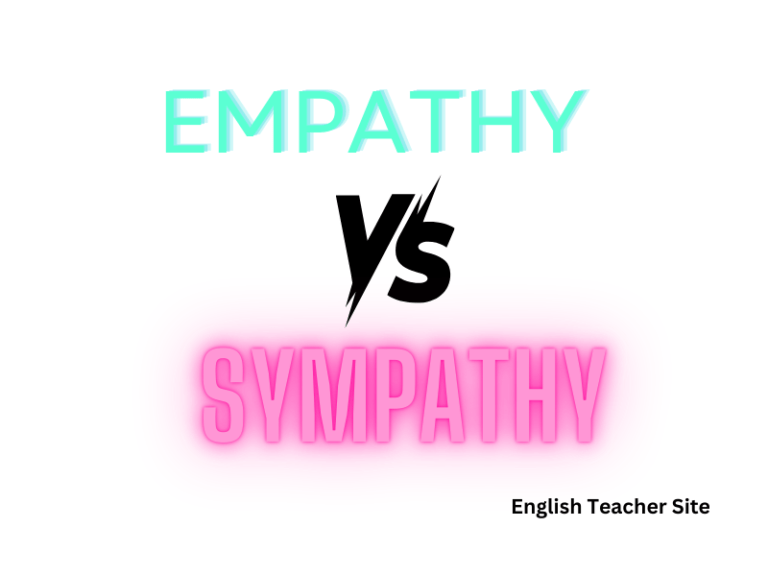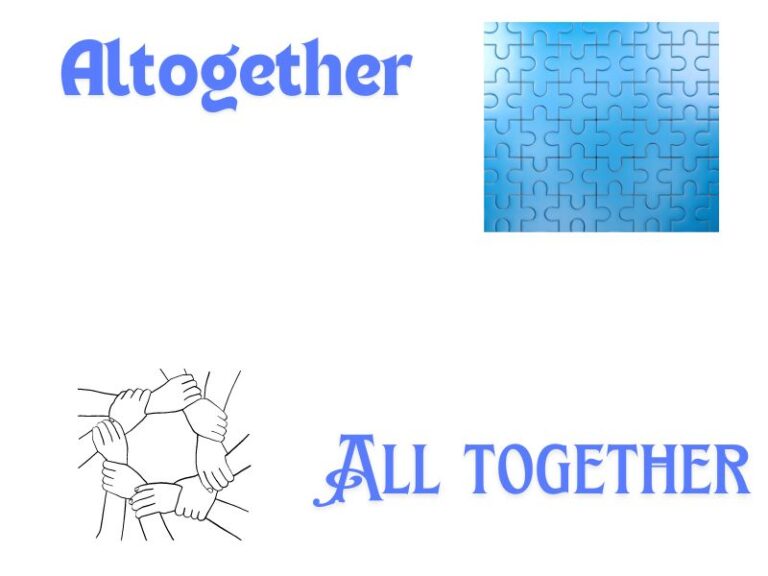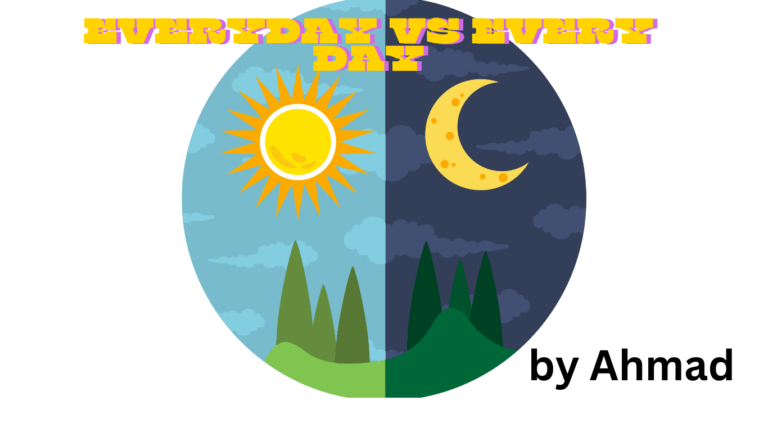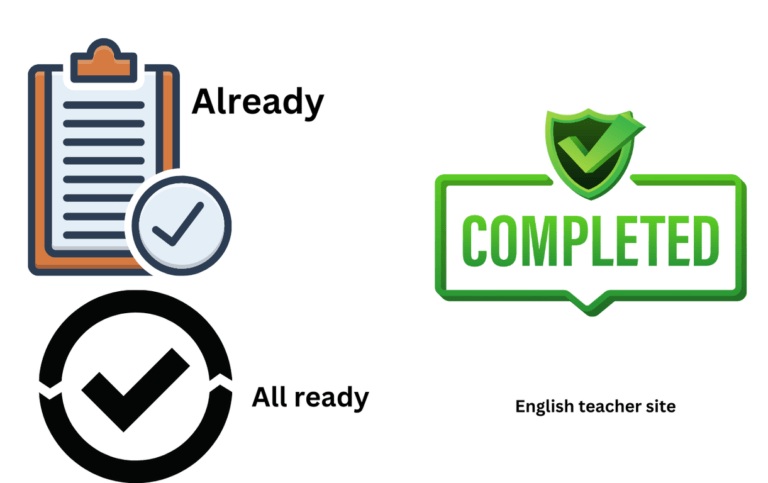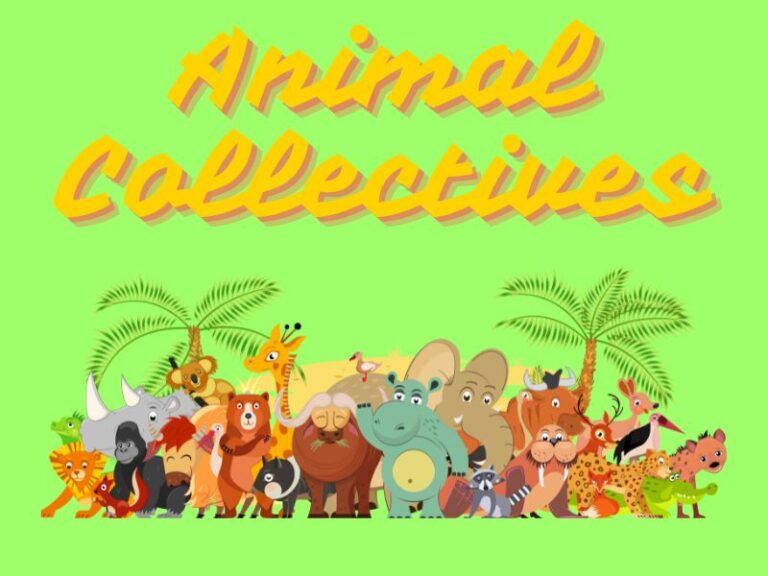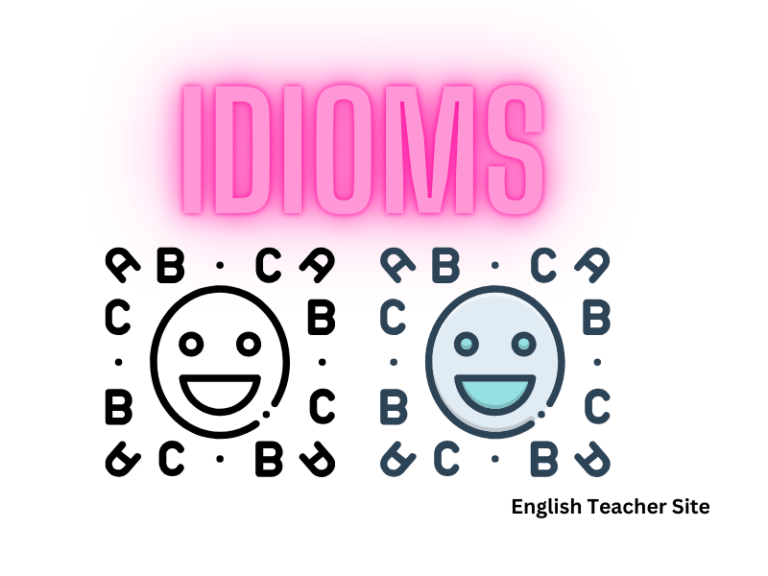What’s a Cliche Meaning: Unpacking Common Phrases and Expressions
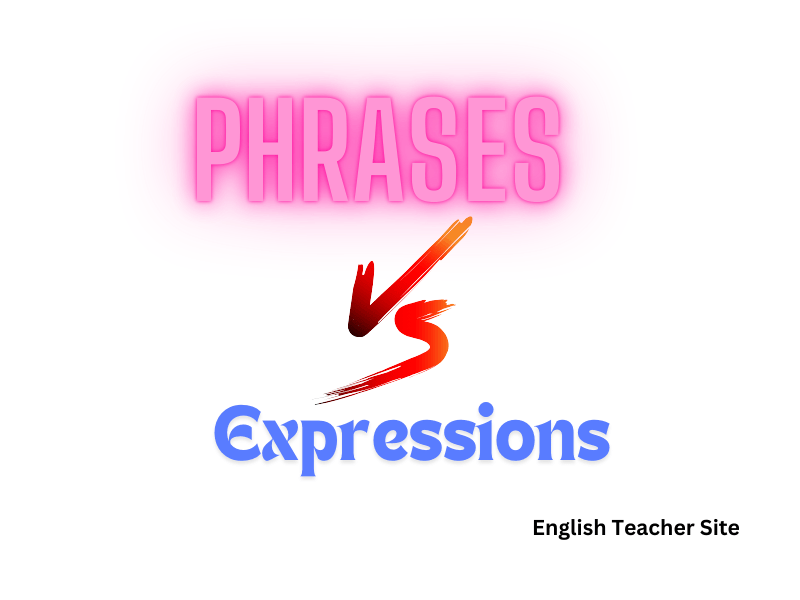
- A cliché is an overused expression or idea that lacks originality.
- The term originates from the French language, signifying worn-out or stereotyped phrases.
- Recognizing a cliché involves observing its commonplace usage and diminished thought-provoking quality.
A cliché is an expression, phrase, or idea that, through overuse, has become predictable and unoriginal. It’s the sort of remark that once packed a punch due to its novelty but has since worn out its welcome. Derived from the French word “cliché,” this term indicates something that has been used so frequently it lacks any significant impact or originality.
What’s a Cliché: Meaning
Clichés are phrases, expressions, or ideas that have been overused to the point that they lose their original meaning or novelty. Understanding clichés is essential for effective communication, as they can often reflect a lack of original thought.
Meaning of the Word Cliché
The term cliché originates from the French language, relating to a printing plate that was used repeatedly to reproduce the same text or images. Over time, the metaphor extended to language, describing words or phrases that are used so often they become predictable or unoriginal.
Characteristics of a Cliché:
- Overused phrases or expressions
- Ideas that have become commonplace
- Lack of original thought
Defining Cliché
Definition Table:
| Term | Definition |
|---|---|
| Cliché | A phrase or expression that has lost its impact through overuse and is often considered a sign of weak writing or speech. |
In writing and speaking, clichés are frequently criticized because they indicate a reliance on familiar, worn-out expressions instead of finding a fresh way to convey an idea.
Understanding the specific meaning and usage of the word “cliché.”
A cliché may take on different forms in language:
- Phrases: “time will tell” or “fit as a fiddle”
- Situations: the underdog winning against all odds
- Characterizations: the absent-minded professor
Usage Considerations:
- Writers and speakers are advised to avoid clichés to maintain originality.
- Sometimes they are used ironically or in a self-aware manner to make a point.
- The context often determines whether a cliché undermines or enhances communication.
Are Clichés the Same as Idioms?
In the exploration of language, it is crucial to distinguish between terms that may seem similar but hold different nuances. The conversation around clichés and idioms often sees them mistaken for one another, yet they serve unique functions within communication.
Distinguishing Between Terms
To understand the distinction, it’s imperative to define each term clearly and examine their respective characteristics:
| Clichés | Idioms |
|---|---|
| Overused expressions that have lost impact | Phrases with a meaning not deducible from the individual words |
| Originally may have been striking or clever | Often cultural expressions understood by a particular group |
| Seen as lacking originality due to repetition | Remain useful and are not necessarily overused |
| Can be irritating if used excessively | Can be transparent (literal) or opaque (figurative) |
Clichés often originate as vivid and imaginative expressions but become dulled from excessive use. These phrases can at times act as a crutch in language, leading to descriptions or ideas that are perceived as unoriginal or predictable. They may have once been fresh and evocative, but frequent repetition has rendered them uninspired.
In contrast, idioms are phrases that carry a meaning not easily understood just by looking at the individual words. They are deeply rooted in cultural contexts and can be either transparent, meaning the listener can infer the meaning from the context, or opaque, where the meaning is obscured without knowledge of the phrase’s cultural significance.
Examples of Clichés:
- “At the end of the day…“
- “Avoid it like the plague.“
Examples of Idioms:
- “Spill the beans“
- “Break the ice“
The use of either clichés or idioms can significantly affect the tone and reception of spoken or written language. While idioms can enrich the language and add a layer of cultural understanding, clichés, when overused, may lead to expressions that lack depth and fail to engage the reader or listener.
When to Use Clichés?
Clichés can serve as a convenient shorthand in communication, encapsulating complex ideas into digestible bites. The key to their appropriate use lies in the understanding of context and audience.
Understanding the Situations Where Clichés Are Commonly Used
In Everyday Conversation: Clichés are often employed in casual dialogue to convey ideas quickly and effortlessly. They act as a linguistic shortcut that both the speaker and listener recognize instantly, facilitating smooth and rapid communication.
| Advantages of Clichés | Limitations of Clichés |
|---|---|
| Quick communication: Convey complex ideas swiftly. | Lack of originality: May seem unoriginal or lazy. |
| Shared understanding: Commonly understood by a wide audience. | Vague generalizations: Risk of oversimplification. |
In Creative Writing: Authors and poets may use clichés deliberately to connect with readers through familiar phrases, or to subvert expectations by twisting a cliché into something unexpected.
| Usage of Clichés in Creative Writing | Example |
|---|---|
| As a narrative device to establish context or character | “She woke up on the wrong side of the bed, but little did she know…” |
| To subvert or redefine within a story | “Money is the root of all… innovation.” |
In Public Speaking: Speakers might weave in clichés to resonate with their audience, emphasizing points with recognizable phrases that can trigger an emotional response.
- Building rapport: From “seeing eye to eye” to “breaking the ice,” clichés are used to create a bond with listeners.
- Highlighting ideas: Clichés like “at the end of the day” can underscore the importance of what comes next.
In Advertising and Marketing: Marketers often rely on clichés to evoke familiarity and nostalgia, making products or ideas relatable and appealing to their target demographics.
- Instant relatability: Phrases like “melts in your mouth, not in your hands” immediately evoke sensory experiences.
- Emotional pull: Using clichés, advertisers can tug on the heartstrings, as with the concept of “home is where the heart is.”
In Journalism and Reportage: Journalists may use clichés with caution, primarily in a colloquial context to relate to their readers or to fit an established narrative convention.
In Teaching and Education: Teachers may resort to clichés to simplify complex topics or to tap into the collective knowledge and experiences of their students.
In Situations Demanding Brevity and Clarity: In scenarios where there is a need for quick decision-making or conveying urgent information, clichés can cut through the noise and deliver a clear message without requiring extensive explanation.
The careful use of clichés can indeed enrich communication; however, their overuse can have the opposite effect, making the speaker or writer appear unimaginative. It is within these outlined contexts that one can most effectively employ clichés without compromising the quality and creativity of expression.
Examples of Clichés
A cliché is a phrase or expression that has become overused to the point of losing its original meaning or effect, often making it a stereotype. Such phrases can become trite and may even irritate readers or listeners if used excessively. Here are some common clichés that one might encounter:
Common Expressive Clichés
| Expression | Implication |
|---|---|
| Better late than never | An action is still valid even after a delay |
| Time heals all wounds | Emotional hurt will diminish with time |
| Every cloud has a silver lining | Positive aspects can be found in bad situations |
These expressions convey an intended message quickly but can lack impact due to their predictability and overfamiliarity.
Clichés in Descriptive Writing
| Cliché | Used to Describe |
|---|---|
| As quiet as a mouse | Someone who is being very quiet |
| Busy as a bee | Someone with a high level of activity and productivity |
| Bald as a coot | Completely bald |
Writers often use clichés as a form of shorthand to convey an image or an idea, however, their overuse can diminish the expressiveness of writing.
Storytelling clichés are particularly prominent in literature and film, which include concepts like:
- The rags to riches story: an underprivileged protagonist becoming successful against all odds.
- The love triangle: a romantic entanglement involving three people, often leading to jealousy and conflict.
- The chosen one: a character destined to overcome profound challenges and save the day.
These themes have been repeated in countless narratives, rendering them clichéd.
Consider these examples in dialogue:
- “Life is short.”
- “What doesn’t kill you makes you stronger.”
- “Only time will tell.”
Using such phrases does impart meaning, but they can be perceived as a lazy or uncreative choice by a speaker or writer. Successful communication often entails finding a balance between common expressions and original thought to maintain the listener’s or reader’s engagement.
Words Synonymous with Cliché
In the realm of expression, a cliché refers to a phrase, expression, or idea that has been overused to the point that it loses its original meaning or novelty. Such terms often elicit a sense of tedium due to their predictability and lack of originality.
Frequent Synonyms
Below is a table listing some of the most common synonyms:
| Synonyms | Context Usage |
|---|---|
| Hackneyed | often used to describe overused literary phrases |
| Trite | related to ideas or remarks that are no longer fresh or original |
| Banal | points to something that is so lacking in originality as to be obvious and boring |
| Stereotyped | indicates a fixed, oversimplified idea of a particular type of person or thing |
Other Terms That Echo Cliché
Beyond these direct synonyms, there are phrases that convey the concept of cliché. Another table provides insight into these parallel terms:
| Phrases | Context Usage |
|---|---|
| Played out | typically used in informal contexts to indicate something that has been used to the point of weariness |
| Old hat | implies something that was once fashionable or new but is now outdated or familiar |
Students may encounter alternative expressions such as bromides, platitudes, and chestnuts in literature, which are all related in meaning. These words often replace cliché when an author wishes to avoid the term itself while still communicating the same idea of tired repitition.
In discourse, it’s essential for writers to be aware of these synonymous terms to avoid the very pitfall they represent: using worn-out language that fails to engage a reader’s interest or convey a profound or nuanced point. It is also important to understand that synonyms may carry slight variations in connotation and usage, depending on the context in which they are applied.
Origin of the Word Cliché
The term cliché stems from the French language, a word originally related to the printing press in the 19th century. It referred to a printing plate cast from movable type. This plate was known as a stereotype, establishing a connection between the terms “cliché” and “stereotype” that still exists today.
| French Term | English Equivalent |
|---|---|
| Cliché | Cliché or stereotype |
| Clicher | To click |
In printing, a cliché was a plate that repeated the same phrase or image, essentially a shortcut to repeatedly typing the same thing. Over time, the word evolved to signify overused expressions or ideas that lack originality, due to their repetitive nature. The metaphorical transition occurred as these phrases were repeatedly seen in the same way the printing plates would repeatedly produce the same text or image.
| Transition of Meaning |
|---|
| Original: Printing plate term |
| Current: Overused phrase or idea |
The journey from being a novel innovation in printing to a term denoting lack of originality mirrors the way clichés develop: new phrases or ideas become so common they lose their initial impact, turning into clichés.
In English, the word maintained its French spelling with the acute accent (é) but can also be used without it (cliche). As clichés are part of everyday language, they serve as a reminder of the adaptability and evolution of language where once innovative turns commonplace.
| English Spelling | French Spelling |
|---|---|
| Cliche | Cliché |
Cliché became a symbol for phrases or expressions that, through overuse, diminished in their effectiveness—much like the overly familiar printing plates that could no longer leave a crisp impression.
Source
Harper, Douglas. “Etymology of cliche.” Online Etymology Dictionary
My name is Khamis Maiouf. I am the creator of the English Teacher Site, dedicated to providing valuable resources and insights for students around the world. With a passion for education and a commitment to helping students enhance their skills, I aim to make English teaching more effective and enjoyable for both educators and students.

